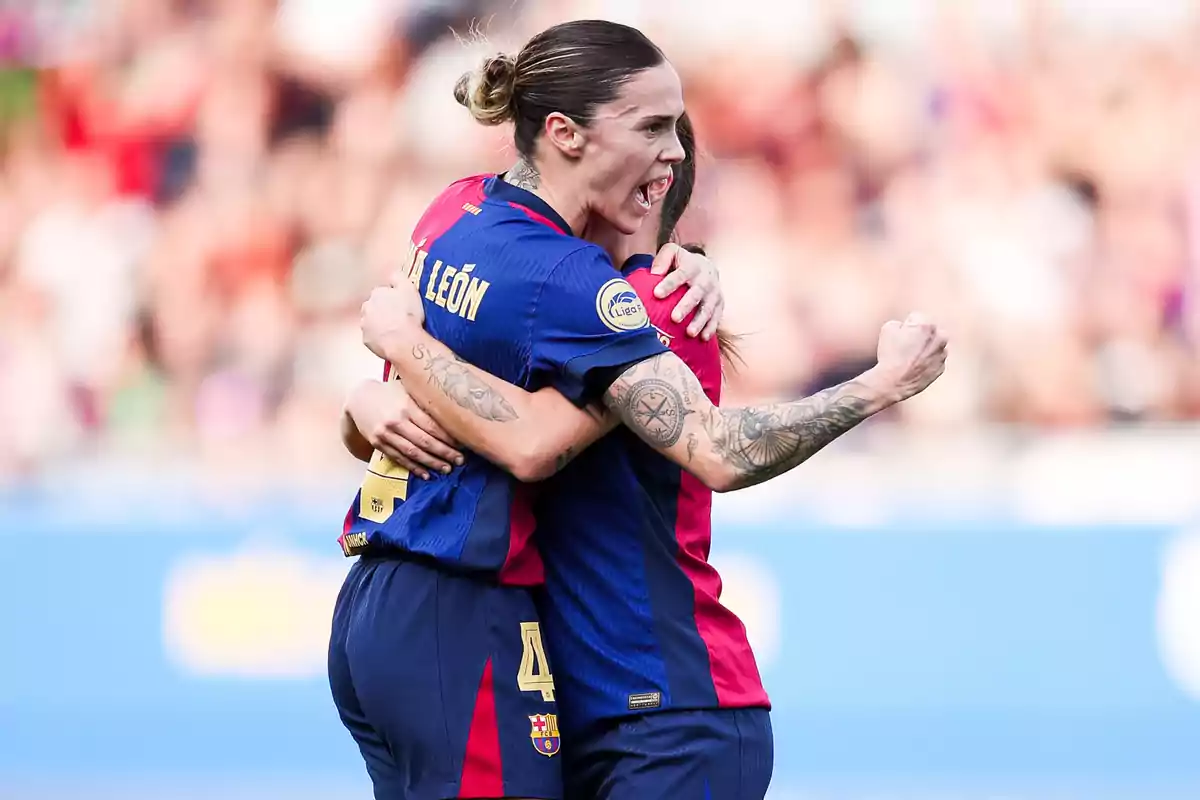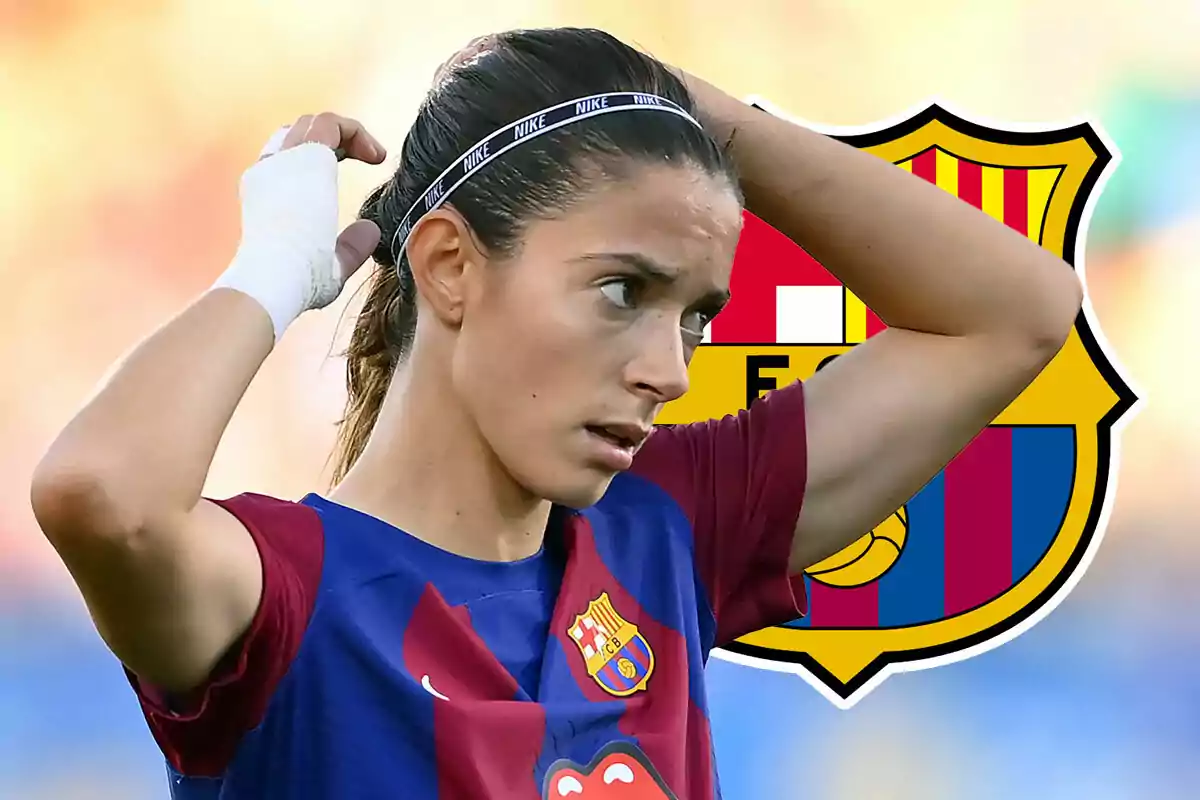In recent weeks, there has been an attempt to spread the idea that Barça's women's team is going through a critical moment due to departures and adjustments in its squad. However, the reality is very different.
Although the number of roster spots has been reduced, not a single starting player has left the team.
The departures have been limited to substitutes who provided depth and options off the bench. Their absence doesn't change the backbone of a team that remains a global benchmark.

This isn't the scenario from last year, when the departure of star Mariona Caldentey to Arsenal was indeed a major blow. Now, all the key pieces remain, keeping intact the foundation that has allowed Barça to dominate European women's soccer.
The ghost of "fair play"
The real problem doesn't lie in sports planning, but in external demands. Javier Tebas has extended his economic control rules to women's soccer, including it in the club's overall accounts.
This, combined with the well-known "financial fair play," limits the ability to retain or add more pieces, even when the team delivers results, titles, and profits.
At Camp Nou, this measure is seen as a strategy to slow down the blaugrana hegemony. From Madrid, Barça's superiority both in Spain and Europe is viewed with suspicion, and any opportunity to level the playing field through economic restrictions seems welcome.
An untouchable core

Despite the eight departures, the team's strength remains unquestionable. The 17 footballers who remain are part of the elite of world soccer, many of them European and world champions. The tactical structure, leadership in the locker room, and chemistry on the field haven't been affected.
Rivals, who expected to see a weakened Barça, will find a compact, experienced squad hungry for more titles. The cutback, in this case, has been more administrative than sporting.
Not a single starter with Spain in the Euros will leave Barça. Life will go on as usual for everyone.
Jana Fernández (London City), Fridolina Rölfo, Ingrid Engen (Olympique de Lyon), Ellie Roebuck (Aston Villa), and Bruna Vilamala (Club América Femenil) have left. Also Martina Fernández (Everton), Judit Pujols (Wolfsburg), and Caño (Boston Legacy FC).
Only Laia Aleixandri has arrived, trained in Barça's youth academy and coming from Manchester City.
A message to the rest of Europe
The club sends a clear message: its dominance won't be shaken by issues unrelated to sports. Although the path to strengthening the squad has narrowed, the ambition to keep supremacy remains intact. The Champions League, Liga F, and all the titles at stake are still in sight.
Barça's women's team not only survives the regulatory offensive, but faces the season with the confidence of knowing its best weapons are still on the field. Unlike what many would like, its hegemony is far from over.

